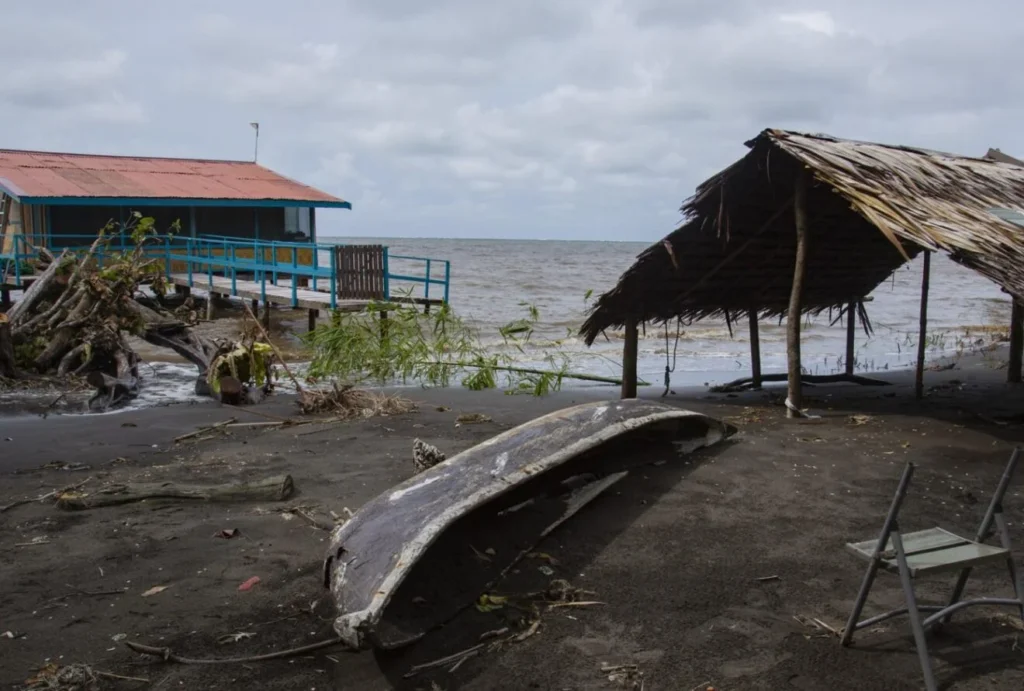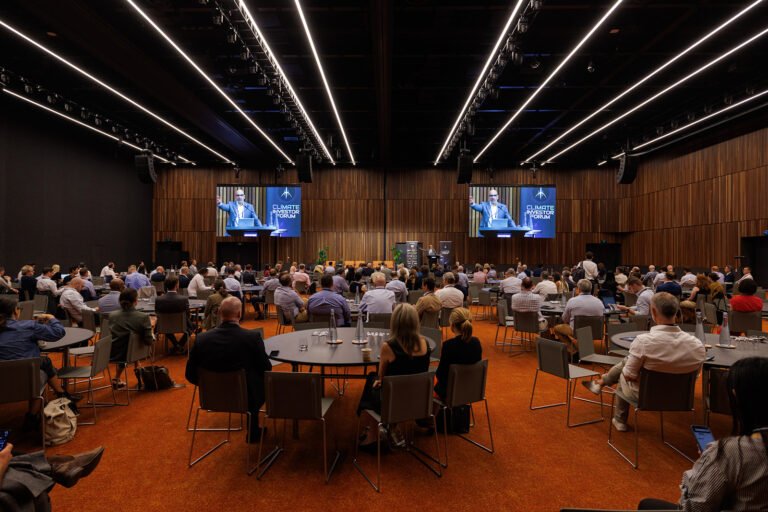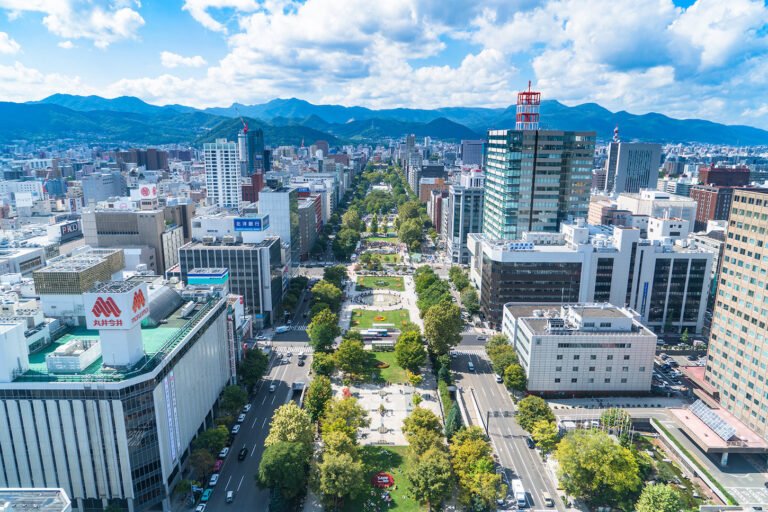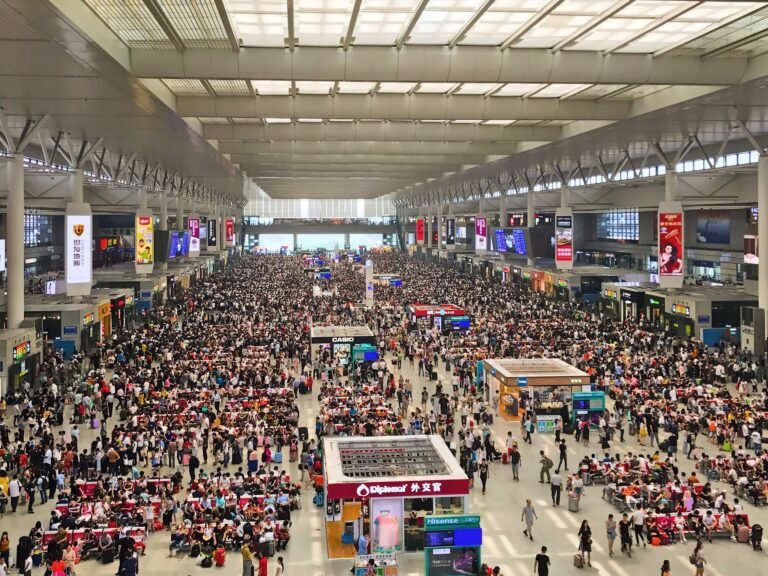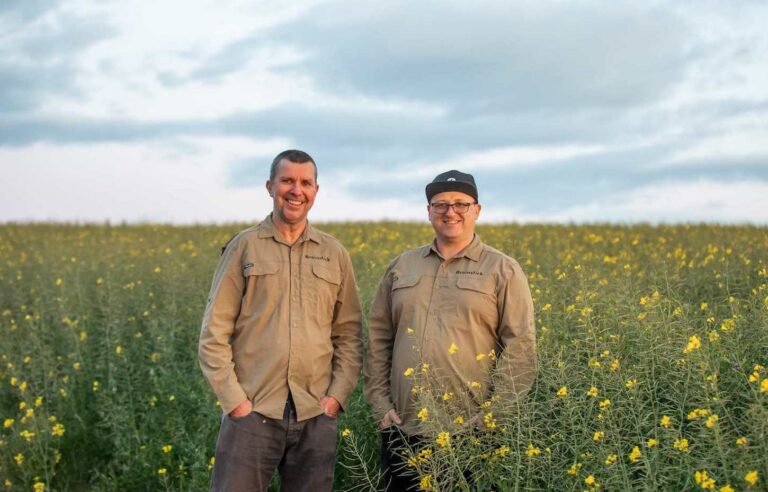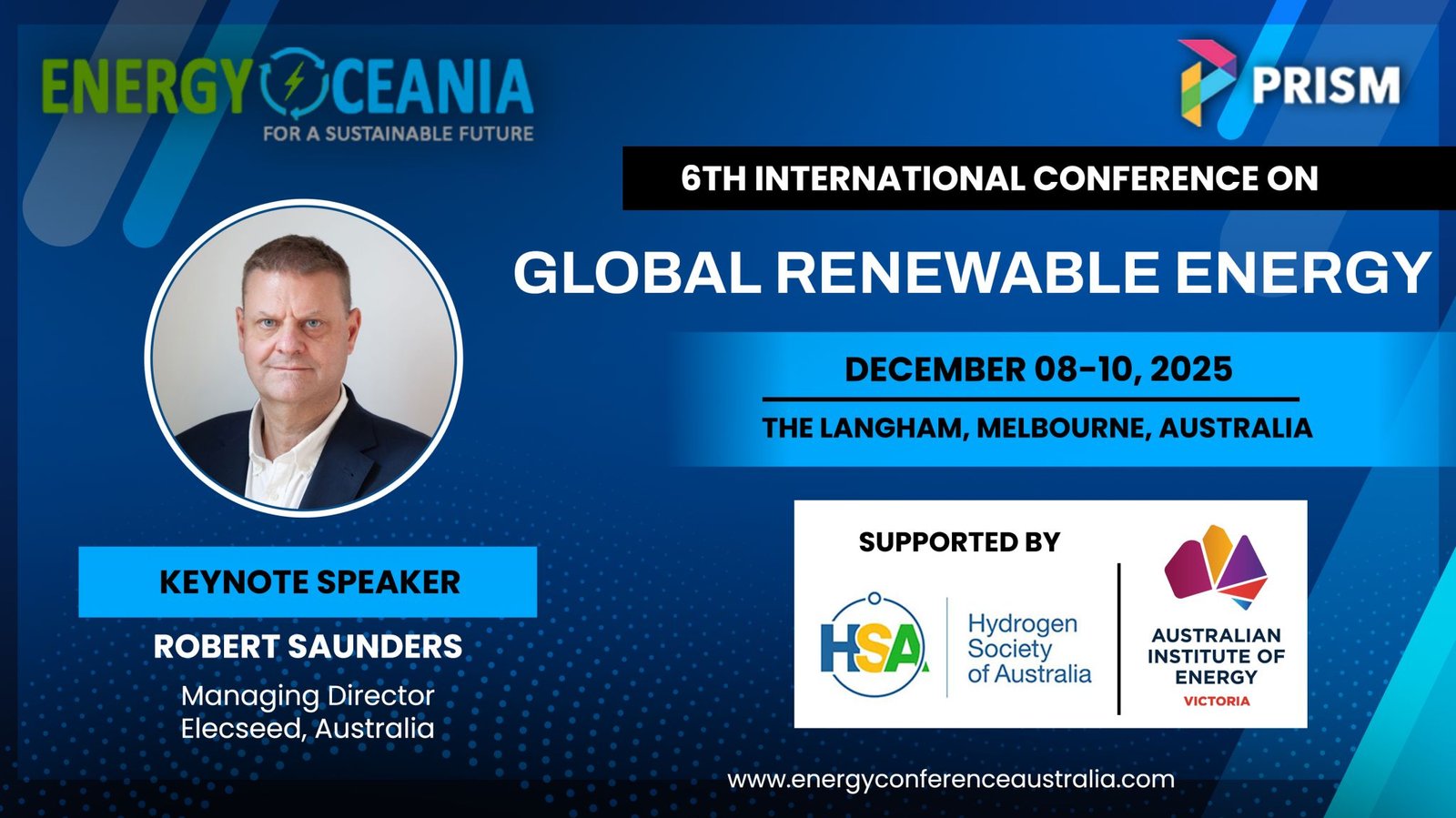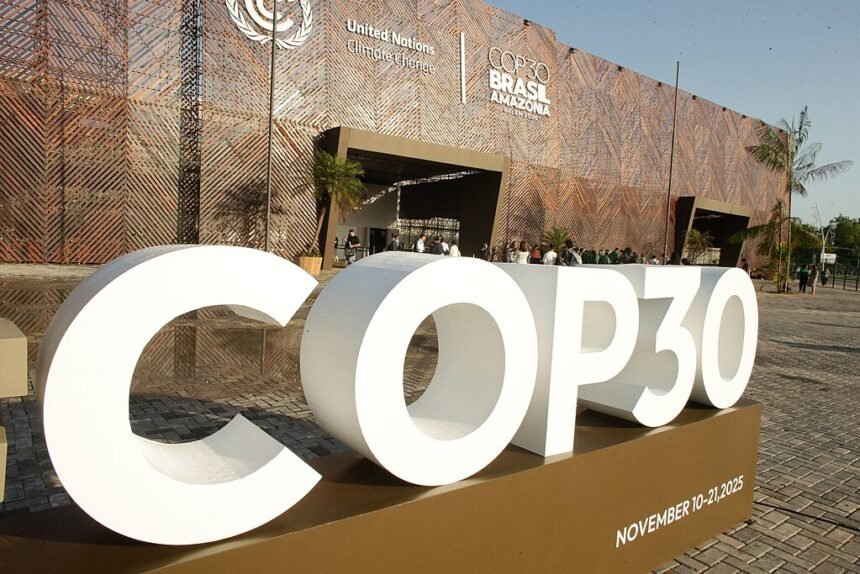Could this set a precedent for other disillusioned countries – potentially undermining the collective global Climate Action?
Image: The Humanitarian Advisory Team (HAT) in Papua New Guinea is hosted by UNDP and funded by Australia, facilitates coordination services to the entire humanitarian community. Read more+
Papua New Guinea has announced its decision to boycott COP29, the upcoming UN climate summit in Baku, Azerbaijan from November 11 to 22, 2024. The country’s Foreign Minister, Justin Tkatchenko, expressed frustration over the conference’s inability to fulfill its promises regarding fossil fuel emission reductions. He referred to COP as ineffective and declared that Papua New Guinea would no longer wait for unfulfilled commitments while its citizens continue to suffer. Instead, the nation will seek bilateral climate agreements with other countries.
The Secretariat of the Pacific Regional Environment Programme (SPREP), as Chair of the One-CROP (Council of Regional Organisations of the Pacific), has the mandate as coordinator of Pacific climate change action to lead work on enhancing Pacific engagement at COP29.
SPREP’s Director of Climate Change Resilience, Ms Tagaloa Cooper, said, “The One Pacific Voice is critical to the success of global negotiations such as COP29. Our Pacific communities are at the forefront of this escalating climate crisis and we cannot be silent at these negotiations. Our Pacific Voice provides the moral compass in these negotiations and following months and months of preparatory work, our key asks at COP29 revolve around what is best for our Pacific communities. Firstly, we need “1.5 to stay alive” – our survival cannot be negotiated. A key issue at COP29 is the New Collective Quantified Goal (NCQG) for climate finance, which must deliver more accessible, simplified, new and additional finance to meet the needs of our Pacific communities”.
So what does COP29 have on the table that will make a difference?
COP29 is unique as a ‘Finance COP’ bringing changes in emissions standards, supply chain requirements, and climate finance- and as precursor to COP30 where more ambitious long-term goals will be set. Particularly in Finance. Under the Paris Agreement, February 2025 is the deadline for countries to submit new Nationally Determined Contributions (NDCs) outlining how they will curb emissions. COP29 is a crucial moment for countries to raise the bar and hold each other to account.
Also, COP29 aims to set a New Collective Quantified Goal (NCQG) for climate finance, potentially reaching up to $1 trillion annually by 2025. This funding will support essential climate initiatives, especially in developing countries.
Azerbaijan was chosen to host COP29 because it was the consensus option after Russia blocked other potential host countries from Central and Eastern Europe. The venue rotates among five regional groups in the United Nations, and this year it was Eastern Europe’s turn.
Regionally, Azerbaijan, Kazakhstan and Uzbekistan are working on a green energy strategy to connect their power grids, aiming to export electricity to European markets. Additionally, Azerbaijan’s invitation to Armenia to attend COP-29, despite the absence of a peace agreement between Baku and Yerevan, reflects its commitment to fostering collaborative approaches to climate change.

